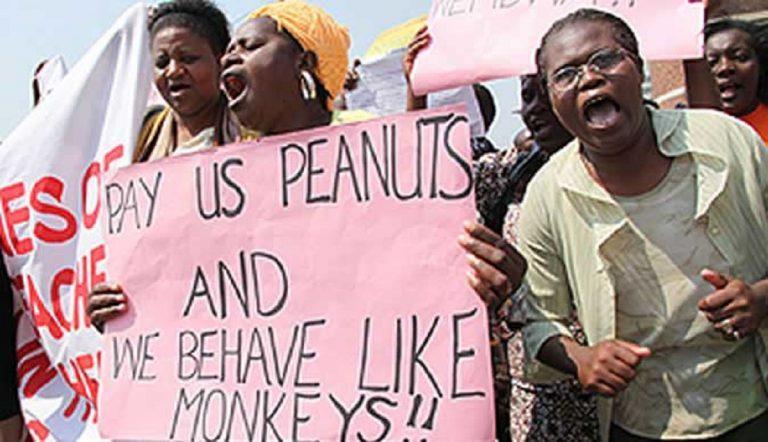Africa-Press – Zimbabwe. Senator Sithabisiwe Moyo has pleaded with the government to urgently review civil servants’ salaries and bring them in line with regional standards, saying it’s crucial to saving the struggling public sector.
She recently put forward a motion in the Senate, calling for an immediate and thorough plan to tackle the worsening situation facing government workers. Said Moyo:
“The situation on the ground is not fair. Our civil servants are suffering. Our teachers, nurses, clerks and other civil servants are living in poverty while struggling to do their jobs.
“For example, the average Zimbabwean teacher earns about 350 per month, which is not enough to pay rent or buy food.”
Moyo further urged the government to consider a 50% salary increase and to prioritise restoring wages to their pre-October 2018 levels. She said:
“The civil service is collapsing, Hon. President, we must give civil servants a salary increment now, approve an emergency salary increase so that the teachers, nurses and other civil servants earn enough to survive.
“A 50% increase would do, we must restore their salaries to that of the US dollar era value of 2019, and this should be a top priority.”
Before October 2018, the average civil servant earned about US$540. That changed when the Reserve Bank of Zimbabwe (RBZ) issued an Exchange Control Directive, telling banks to separate local electronic balances and Bond Notes from the US Dollar. This officially ended the 1:1 parity.
The value of the Bond Note and electronic RTGS balances dropped sharply. What used to be a 1:1 rate quickly shot up on the parallel market, with one US Dollar trading for anywhere between 4 and 6 Bond Notes or RTGS dollars within just a few days. Added Moyo:
“The whole country is watching our civil servants; we are not asking for charity or politics, only the dignity of a living salary and support for them to do their work.
“Teachers want to teach, nurses want to do their work, all other civil servants want to deliver their duties efficiently, but how can they if they are hungry? We must not allow our Public Service to collapse.
“Children are travelling long distances to school because of a shortage of schools nearby. We owe the future generation because their future depends on us.”
For More News And Analysis About Zimbabwe Follow Africa-Press






